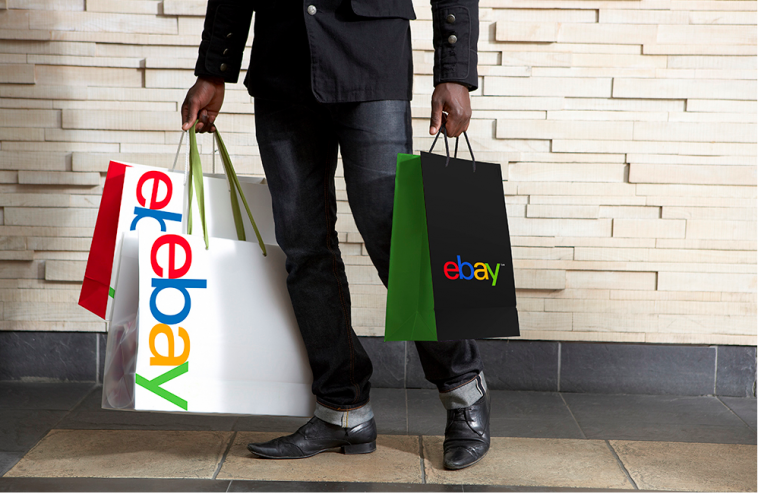An online retailer MallforAfrica in partnership with DHL, a delivery guru is taking the African merchants to the global map. The two launched MarketPlaceAfrica, an e-commerce platform for selected artisans from Africa to sell clothes to buyers in any 220 deliver countries of DHL. The platform will give priority to fashion products which are personal care products, footwear, bags, jewelry, clothing, and crafts like carvings and pictures. Vetting of sellers for the platform is being carried out by MallforAfrica. It is also using the Africa Made Product Standards (AMPS) association to verify status and quality of merchandise made in Africa.
According to Chris Folayan, the CEO of MallforAfrica, the platform is putting up the first shop in Nigeria after that they will open in Rwanda, Kenya and the rest of Africa. He added that their main goal is to give anyone globally a chance to buy from African artisans online. The designer products that are currently listed are such as products Tasha Goodwin’s Tash women’s outfits and from Chinwe Ezenwa.
The platform will also make good use of the infrastructure of MallforAfrica e-commerce. Founded in 2011, MallforAfrica aimed to offer solutions to challenges that global consumer goods go through when entering the continent. Its delivery and payment system serves as logistics manager and digital broker for retailers in the US that collaborate with MFA to sell their products online to African consumers.
The platform has the support of Helio Investment Partner,s a private equity company in the UK. It also has a partnership with companies like Macy’s a department store and Best Buy a consumer electronic network. MallforAfrica collaborated with eBay in 2016 to launch eBay Powered by MallforAfrica allowing US vendors in the US to sell in Africa. eBay put up its US platform in 2017 to source for sales from African vendors using the website of MallforAfrica. E-commerce sector of Africa is expected to record revenue of more than $75 billion by 2025. This has been the most active sector in Africa with some of the startups that are well funded aiming at commanding the Nigerian market before moving to other countries. In 2016 the sector developed the first African unicorn when Jumia a valuation worth $1 billion after a round of funding worth $326 million that comprised of Goldman Sachs. In 2016, African digital retail sector developed one of the notable techs in Africa when Ringier bought Nigerian based startup DealDey.
It has not been an easier path to profitability by African e-commerce shops. Although after making losses for some years Jumia is leaning towards making of profit. Digital retain in Africa has also recorded some big fails like the closure of South Africa’s Khalahari.com in 2015. The distressed buying of Konga.com at the start of 2018 is also an ideal example of fails in the African digital retail. According to Folayan, MallforAfrica does not give a financial performance, but he said that it is now operational in 17 countries. Africa receives an average of one ton daily, and plans are there to grow this by 3 to 4 times in 2018 from 2017.



